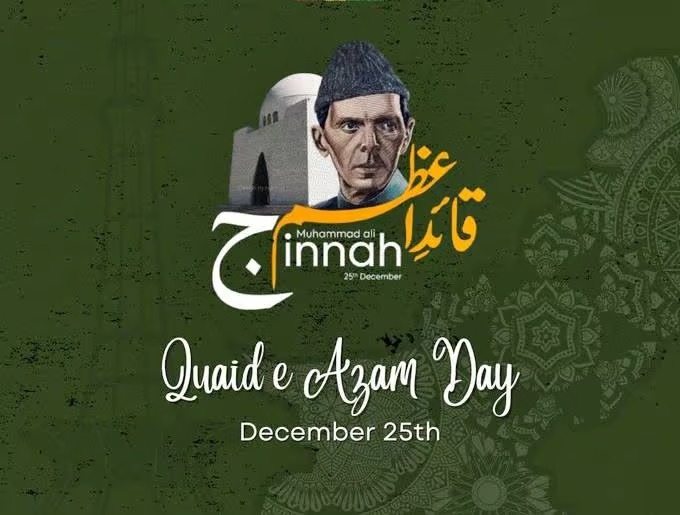
In a groundbreaking move, Bangladesh recently marked the 148th birthday of Quaid-e-Azam Muhammad Ali Jinnah, the founder of Pakistan, in a historic first at the National Press Club in Dhaka. This event, organized by the Nawab Salimullah Academy, was a significant step in recognizing Jinnah’s legacy in Bangladesh, where mentioning his name had long been restricted due to political and historical narratives.
The seminar, titled “The 148th Birth Anniversary of Quaid-e-Azam Muhammad Ali Jinnah,” featured intellectuals and activists who discussed Jinnah’s role in the creation of Pakistan and his lasting impact on South Asia. For over 15 years, Jinnah’s name was avoided in public discourse in Bangladesh, largely due to political factors. However, this event marked a shift in attitudes, with speakers emphasizing Jinnah’s vision for a Muslim-majority state in 1947.
Md. Shamsuddin, convenor of the Citizens’ Council, highlighted Jinnah’s pivotal role in the creation of Pakistan, noting that without him, industrial development in the region would have been different. Farooq Hasan, a member of the Council for People’s Rights, challenged the narrative that India’s role was essential to Bangladesh’s independence, instead arguing that India’s main goal was to separate Bangladesh from Pakistan.

Afzal Warsi, Secretary General of the Indian-Origin Urdu-speaking Minority Council, reflected on the division of the subcontinent and its consequences for Muslims. He discussed the conflicts that followed, which led to significant losses for the Muslim community.
This event, along with a similar one in September to commemorate Jinnah’s death anniversary, represents a significant shift in Bangladesh’s approach to its complex history with Pakistan. It serves as a step toward greater understanding between the two nations, promoting dialogue and reconciliation while acknowledging the shared history of South Asia.
The celebration of Jinnah’s birthday in Bangladesh is a hopeful sign for improved relations, offering a chance to address past wounds and embrace a more nuanced understanding of history. It marks an important moment in the growing recognition of historical figures from both Pakistan and Bangladesh, paving the way for stronger ties in the future.


